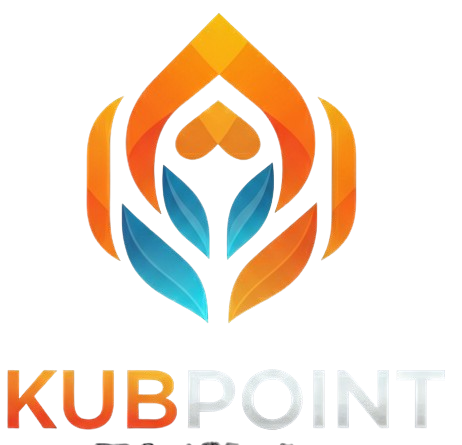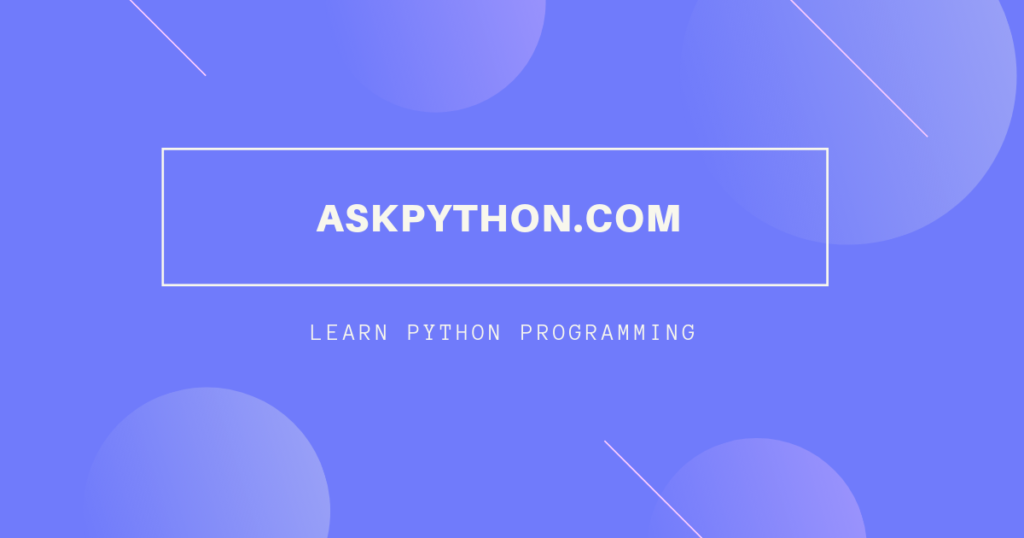Python is one of the most accessible programming languages for beginners, and it is used in various applications, including data analysis, web applications, automation, testing, and more. If you’ve already started with Python basics, you might be wondering a very practical question: Is Python enough to get a job?
The short answer is: Python can open doors to your first role, especially at the entry level, but it usually needs to be combined with projects, core computer skills, and a clear story on your resume.
This article walks through where Python helps, which kinds of Python job roles are realistic, how college coursework fits into the picture, and what else you should add to become truly hireable.
Why Python Is a Strong Starting Point?
Python programming is often recommended as a first language because it lets you focus on logic rather than syntax. For job seekers, that matters more than you might think.
Here’s why Python is a powerful foundation:
- Beginner-friendly syntax. You can read and write useful scripts quickly, even if you’re new to coding.
- Huge ecosystem. Libraries for data, web development, automation, and testing allow you to explore different tech paths.
- Active community. Courses, tutorials, and forums make it easier to keep learning on your own.
- Cross-industry use. Python is utilized in tech, finance, marketing, research, and numerous non-tech teams that require automation.
If you’ve taken a course like Coursera’s Python for Everybody or a similar course, you already have a foundation that many employers recognize.
Jobs Where Python Is a Big Advantage
Python alone rarely guarantees a role, but it can be the main skill that gets you noticed. Here are a few entry-level paths where Python can play a central role.
Junior Python Developer
As a junior developer, you write, test, and debug code under the guidance of more experienced engineers. You might work on:
- Backend features for web apps
- Internal tools and automation
- Simple APIs and integrations
Real-world example: A small SaaS startup hires a junior Python developer to help maintain its Flask backend, fix bugs, and write scripts that automate billing or reporting.
Automation and Scripting Roles
Many companies need people who can automate repetitive tasks, such as renaming files, cleaning spreadsheets, sending reports, or scraping websites.
Real-world example: A marketing team hires someone to build Python scripts that pull campaign data from different tools, clean it, and generate weekly performance summaries automatically.
Data-Focused Entry Roles
Strict data scientist roles often require statistics and more advanced tools, but basic data analyst or reporting roles sometimes start with simple Python skills:
- Reading CSV files
- Cleaning and transforming data with Pandas
- Creating visualizations for stakeholders
Real-world example: A junior analyst in a retail company uses Python to compare sales across regions, spot trends, and send charts to the sales team.
Additional Resources That Strengthen Your Python Career Path
As you refine your skills and build real projects, it also helps to explore supportive tools and services that guide your professional development from different angles. Hiring a professional Python developer resume writer or engineer resume writing service can provide clearer insight into what employers expect, which technical strengths to highlight, and how to position your early experience in a way that conveys confidence and structure.
Beyond polishing your professional narrative, such resources often offer practical tips on showcasing projects, framing your achievements, and understanding how Python skills fit into real job descriptions. This kind of guidance can accelerate your transition from learning to applying your abilities in a real work environment, helping you feel more prepared and competitive when you start sending out applications.
Is Python Alone Really Enough?
In practice, hiring managers rarely look for “Python only.” They want Python plus some context:
- For web roles: basic understanding of HTTP, APIs, and front-end concepts
- For data roles: basic statistics and comfort with spreadsheets and dashboards
- For QA roles: familiarity with testing concepts and tools
Python is the tool, but you still need a problem space where you apply it. That’s why projects matter so much.
Building Proof: Projects and Portfolio
To turn Python knowledge into a real Python job, you need visible proof of what you can do.
Good starting projects include:
- A small web app using Flask or Django (e.g., a simple task manager)
- An automation script that saves real time (e.g., renaming files or sending email reports)
- A data notebook where you explore a public dataset and draw conclusions
Host your code in a Git repository and, if possible, deploy at least one project so people can click and see it working. Employers care less about perfection and more about whether you can take Python basics and turn them into something useful.

How Long Does It Take to Learn Python Well Enough?
Many beginners ask: how long does it take to learn Python to the point where employers take you seriously. The answer depends on your pace and background, but you can think in rough stages:
- 1-3 months: Grasp syntax, data types, loops, functions, and basic file handling.
- 3-6 months: Build small projects, learn popular libraries, and get comfortable debugging.
- 6-12 months: Develop a focused direction (web, data, automation, QA) and complete several portfolio projects.
Consistent practice matters more than rushing. If you continually build and refine projects, your skills and confidence grow in tandem.
Extra Skills That Make Python Stand Out
Alongside Python itself, a few complementary skills make you much more employable:
- Version control (Git). Recruiters expect it; it also facilitates smoother collaboration.
- Databases. Having a basic understanding of SQL and the ability to connect Python to a database are significant advantages.
- Basic web or data knowledge. Understanding how web apps or dashboards are used in real companies.
- Communication – Being able to explain your projects in simple, clear language during interviews.
Think of these as multipliers: they don’t replace Python, but they dramatically increase its impact on your job search.
So, is Python Enough to Get a Job?
Python, on its own, can be the foundation for landing that first role, especially in junior development, automation, or data-intensive support positions. But employers don’t hire you just because you “know Python.” They hire you because you can use Python to solve problems, and you can clearly show that through projects, portfolios, and a well-structured Python resume.
If you combine steady learning, a handful of good projects, and a clear story about what you can do, Python becomes more than a skill; it becomes your entry ticket into the tech job market.

